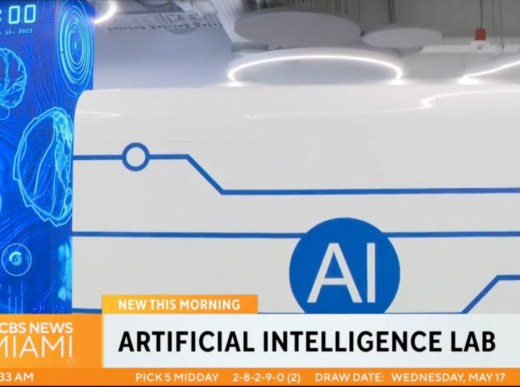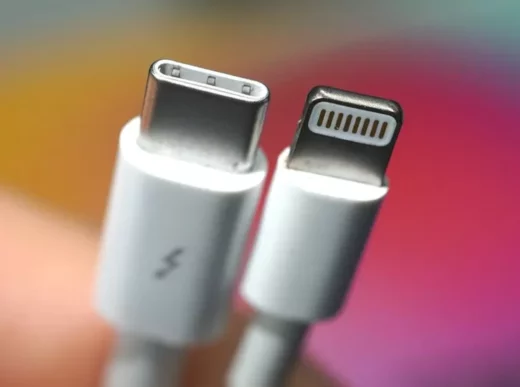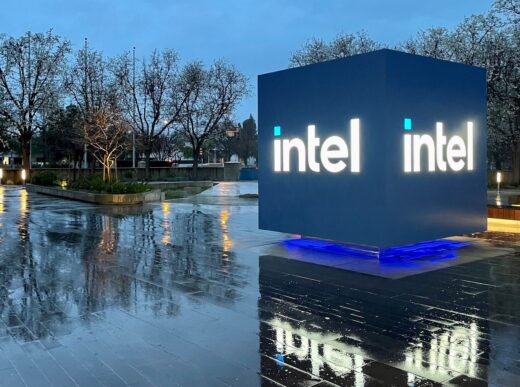In a remarkable leap forward for artificial intelligence (AI), technology giant IBM unveils a prototype “brain-like” chip that could address the energy consumption dilemma haunting AI systems. Amid growing concerns about the environmental impact of AI-powered computing warehouses, IBM’s innovative chip boasts the potential to revolutionize the efficiency of AI, particularly in devices like smartphones. By emulating the intricate connections of the human brain, this breakthrough chip marks a significant stride towards sustainable and energy-efficient AI technology.
A Paradigm Shift in AI Energy Efficiency
IBM’s pioneering “brain-like” chip emerges as a harbinger of energy-efficient AI, signaling the possibility of a greener and more sustainable future. The conundrum of energy-intensive AI systems finds a potential solution in this prototype, promising to mitigate the power drain associated with modern computing.
Addressing AI’s Environmental Quandary
The surge in AI technology has fueled concerns about the environmental ramifications of vast computing resources needed to power AI systems. IBM’s innovation signifies a pivotal stride towards aligning AI advancements with environmental sustainability, potentially assuaging apprehensions about the carbon footprint of computing warehouses.
Bridging the Efficiency Gap
IBM’s prototype “brain-like” chip has the potential to revolutionize AI efficiency by mimicking the energy-efficient connections of the human brain. Scientist Thanos Vasilopoulos, stationed at IBM’s research lab in Zurich, asserts that this chip’s energy efficiency could enable the execution of intricate tasks in low-power environments, like automobiles, mobile phones, and cameras. Moreover, this innovation extends its benefits to cloud providers, holding the promise of reduced energy costs and minimized carbon footprint.
Analogous Wonders: A Closer Look at Memristors
At the heart of IBM’s revolutionary chip lie memristors—components that function analogously and store a spectrum of numbers, in contrast to the binary nature of conventional chips. The analogy between digital and analog computing is likened to a light switch versus a dimmer switch, illustrating the nuanced efficiency of memristors in storing information.

Emulating Nature: The Memristor Advantage
Memristors align with nature-inspired computing by imitating the functionality of brain synapses. The analogy between memristors and synapses demonstrates the potential for interconnected memristors to construct a network resembling a biological brain. This innovation holds the promise of imbuing chips with brain-like attributes, poised to reshape the landscape of computing.
The Road Ahead: Challenges and Potential
While the potential of memristor-based computers is promising, Professor Ferrante Neri from the University of Surrey cautions that challenges lie ahead. The complexities encompassing material costs, manufacturing hurdles, and broader adoption pose potential roadblocks. The journey toward brain-like chips entails multifaceted challenges, suggesting that while strides have been taken, there’s a long path ahead.
A Fusion of Analog and Digital: Unleashing the Power
IBM’s prototype chip harmoniously combines the efficiency of analog components with the practicality of digital elements. This fusion streamlines the integration of the chip into existing AI systems, simplifying the transition towards a more efficient future. The prevalence of AI chips in smartphones underscores the potential of this innovation to enhance processing capabilities and battery life.
Paving the Way for Transformation: Phones, Cars, and Beyond
AI chips have become integral to smartphones, exemplified by Apple’s “neural engine.” IBM’s vision extends beyond phones to envisage energy-efficient chips in cars and a spectrum of applications. The ramifications include extended battery life, enhanced performance, and newfound possibilities, promising a seismic shift in the AI landscape.
Revolutionizing Power Consumption: A Glimpse into the Future
The ripple effects of IBM’s prototype extend far beyond devices and applications. As these chips replace power-intensive counterparts in AI systems, they could alleviate energy consumption and reduce the water required for cooling data centers. The colossal energy demands of data centers, equating to entire towns’ consumption, could potentially witness substantial reduction.
A Transformative Step: Navigating Challenges Ahead
Professor James Davenport from the University of Bath acknowledges the potential of IBM’s discovery while underscoring its intricate nature. While the chip is not an instant solution, it marks a vital first step towards revolutionizing AI efficiency and sustainability. The road ahead demands careful navigation of technical challenges and complexities.
Conclusion: A Glimpse into the AI Revolution
In the intersection of AI technology and environmental sustainability, IBM’s “brain-like” chip emerges as a beacon of promise. This groundbreaking prototype heralds an era of energy-efficient AI, where the fusion of analog and digital components reshapes computing landscapes. While challenges persist, the journey towards AI’s greener future has taken a significant leap, offering a glimpse into a transformative revolution that holds profound implications for AI’s evolution and the planet’s well-being.















